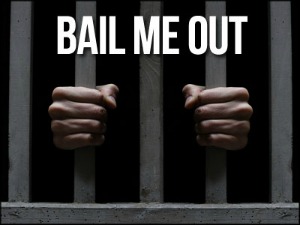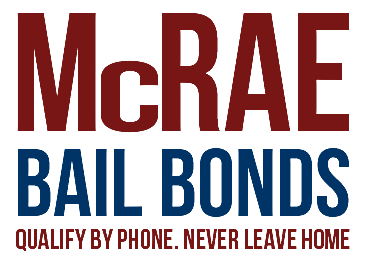
So you didn’t think that your blood alcohol level was high enough to warrant getting someone to drive you home, so you drove yourself home and got pulled over. And now you find yourself arrested and charged with a DWI charge. This is a common situation we hear from our clients. And others are charged with other things as well.
But the most common question we get from first time offenders, (and often those who have been arrested before), is how the jail bond process work; exactly what do they have to do to get released from jail until the court date.
What Is A Jail Bond?
A jail bond (or bail bond) is simply an insurance policy for the court system to insure that defendants show up to court. The idea here is that if court defendants have enough money on the line if they don’t show up for court, more will show up.
So after the judge assesses the criminal history of the defendant, as well as their financial situation and whether or not they are a flight risk, they pick what they feel is a high enough amount to assure that the defendant will be able to show up in court.
If the person is a serious flight risk, or a serious physical risk to others, then the judge tries to set the bail amount high enough that they don’t think they will be able to raise the money. Or they may just deny bail altogether.
How Much Is A Typical Jail Bond?
Boy that is a loaded question. There is no one size fits all. Bail bond amounts can very from a few hundred to well over a million dollars. Or as I said earlier the judge may opt to not allow bail at all.
If you were given a bail amount and granted the opportunity to get out of jail, a jail bond company such as McRae Bail Bonds can help you to get out of jail and back home to your family much more quickly than you might be able to on your on your own. Not only can they put up the bail amount, but they understand all of the San Antonio and Bexar County Texas processes and legal requirements.
How Fast Will I Get Out Of Jail?
Again this can be a loaded question. Assuming you are not charged with the type of crime a bail bonds company can help you with, (i.e. not an extremity serious or violent crime), usually we can get our clients out within 24 hours on the long side. But often it can happen much faster.
Your best bet is to give McRae Bail Bonds a call directly right now and after you explain your situation and answer all their questions, they will be able to tell you exactly what you can expect.

